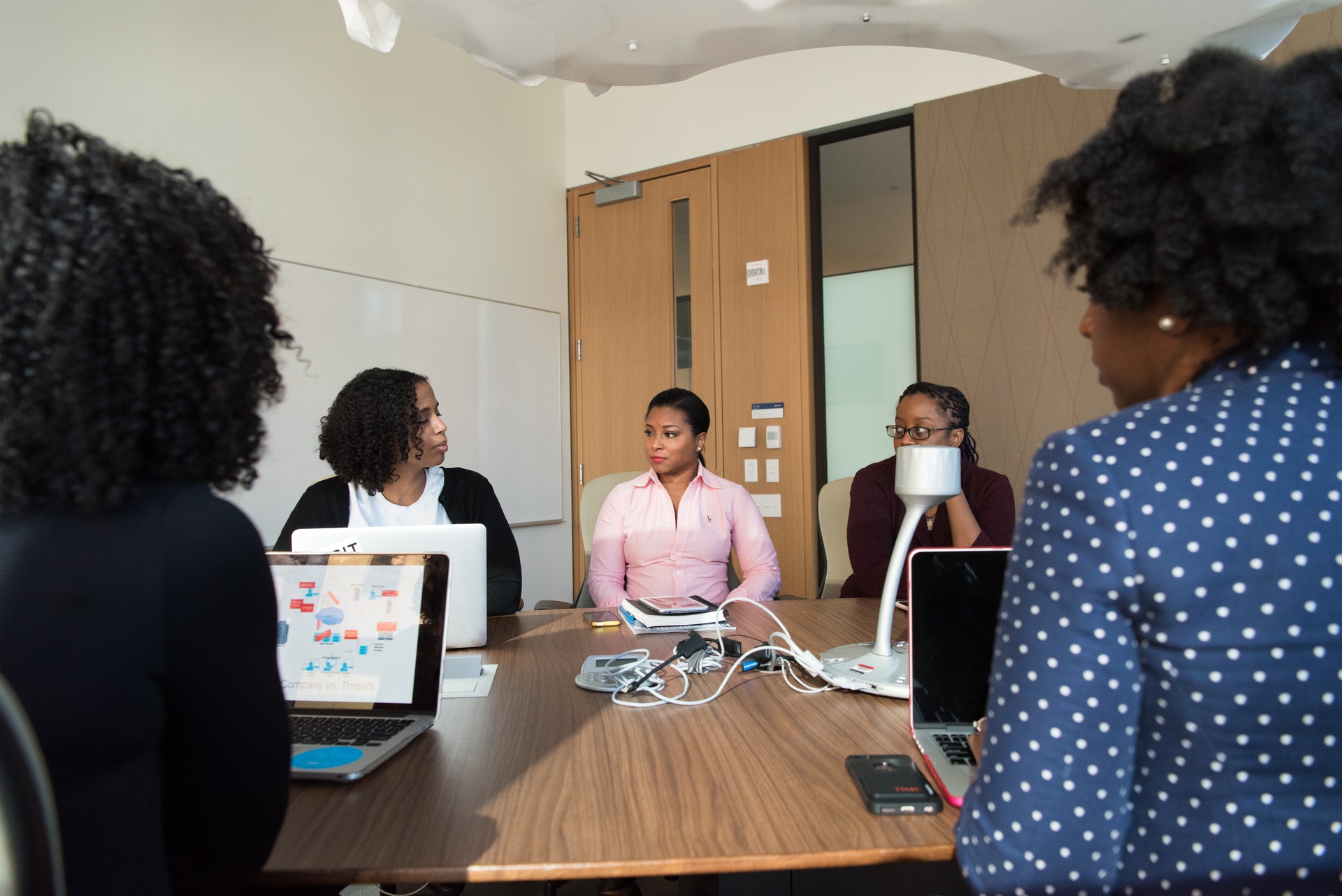THE FUTURE OF WORK: ADAPTING HR PRACTICES TO REMOTE AND HYBRID WORK ENVIRONMENTS
As we embark on the journey into the future, it is evident that significant transformations are sweeping through the workplace. The emergence of remote and hybrid work arrangements is fundamentally reshaping collaboration among workers and the management of talents. In this article, we examine the evolving landscape and the imperative for HR strategies to adapt, focusing on the pivotal role of artificial intelligence (AI) tools.
The Changing Work Dynamics
A few years ago, the traditional work setup involved commuting to a physical office space. However, today, the scene has drastically evolved. The widespread adoption of remote and hybrid work setups isn’t merely a response to external forces; it is a strategic shift driven by the pursuit of flexibility, efficiency, and work-life balance.
HR stands at the forefront of this revolution, tasked with the challenge of recalibrating strategies that were traditionally centred around in-person dynamics. A comprehensive reassessment of HR practices is essential, recognizing that what once sufficed may not be optimal for today’s dispersed workforces.
Adapting HR Strategies
A primary challenge in remote and hybrid work environments is ensuring effective collaboration. The absence of face-to-face interactions can lead to communication breakdowns and feelings of isolation. Here, AI tools step in to facilitate virtual teamwork and communication, bridging these gaps and ensuring teams remain connected, engaged, and productive.
We’ll explore how these tools facilitate seamless collaboration and discuss their role in redefining performance metrics and assessment methods. AI-driven solutions provide objective insights into employee performance, aiding in tracking key performance indicators, setting realistic goals, and delivering data-driven feedback, thus ensuring robust performance management in distributed work setups.
In today’s digital age, employee well-being has rightfully taken centre stage. With boundaries between personal and professional life blurring, AI tools that promote mental health, work-life balance, and overall well-being are invaluable. We’ll showcase how AI can gauge employee sentiment, identify potential burnout risks, and enable proactive well-being initiatives, fostering a positive remote and hybrid work culture where employees feel supported and valued.
Embracing the Future As we conclude this exploration, it’s evident that the future of work is already upon us. HR professionals play a critical role in navigating organizations through this transformative period. The integration of AI tools into HR strategies isn’t merely an option; it’s a strategic necessity. By harnessing these tools, HR can navigate the complexities of remote and hybrid work arrangements, ensuring organizational success in the digital age.
Mapping Your Path Forward
To our HR colleagues and business leaders now is the time to evaluate your current strategies. The future of work is dynamic, and adopting AI solutions tailored to the challenges of remote and hybrid models is key to success. We invite you to share your experiences, insights, and queries in the comments below, fostering a collaborative dialogue within our community.
As we envision the future workplace, let’s imagine a landscape where flexibility and innovation can harmoniously coexist. In the ever-evolving realm of HR, adaptability and continuous learning are paramount. Be trailblazers in shaping the future of work, and feel free to engage in further discussions or seek guidance. Together, let’s forge a future that prioritizes efficiency and genuinely revolves around the well-being of employees.

